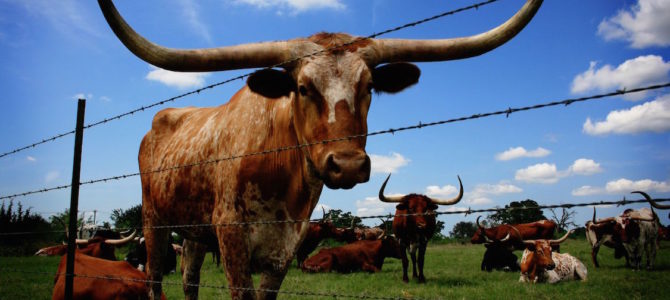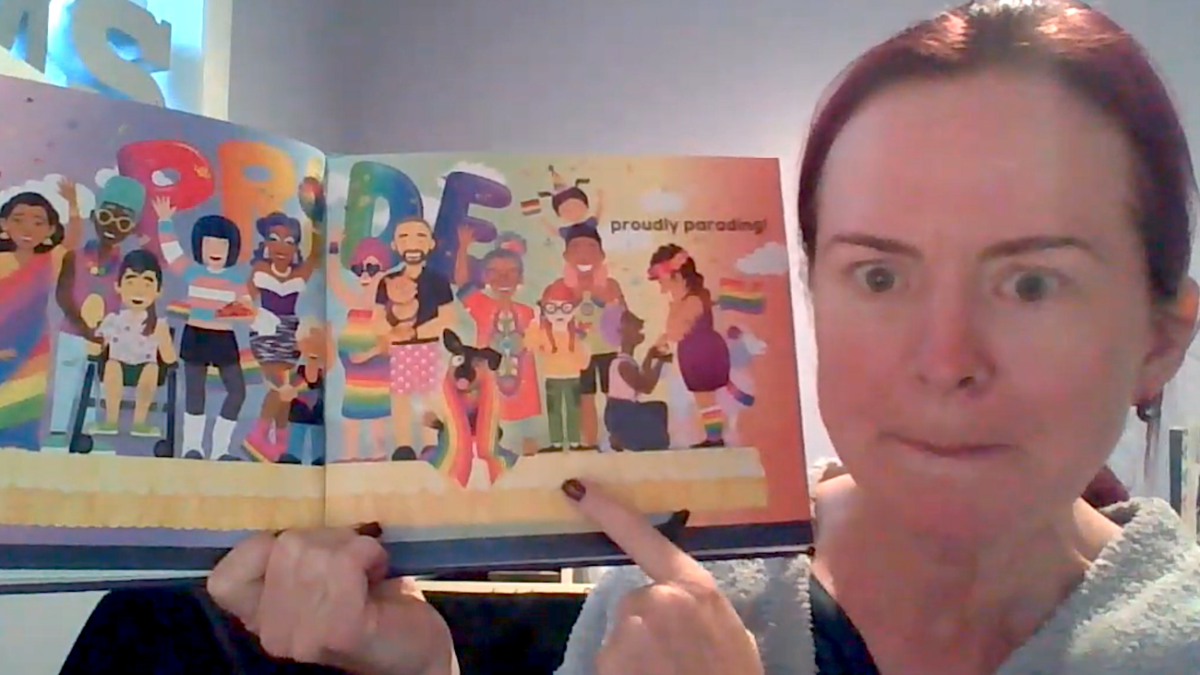
California lawmakers passed a bill in a fit of pique last year prohibiting government-funded trips to states the California attorney general deems discriminatory against LGBT people. Last week, four more states were added to this so-called “travel ban” list, with Alabama, Kentucky, South Dakota, and Texas joining Kansas, Mississippi, North Carolina, and Tennessee.
California lawmakers originally passed the measure in response to North Carolina’s “bathroom bill,” which required transgender people to use the bathroom corresponding to their sex. The law took effect in January and proclaims that California is “a leader in protecting civil rights and preventing discrimination.”
But the travel ban is not really about discrimination or civil rights. It’s about coastal elites taking their culture war to Republican-controlled states in an effort to impose progressive norms and punish more conservative parts of the country for political disagreements.
Or at least give the appearance of punishing conservatives. Having steadily lost control of state governments over the past decade, Democrats are using their remaining progressive bastions like California to remind red state voters that their views on religious freedom, expressed through their elected state officials, amount to so much institutionalized bigotry.
Indeed, California’s self-styled travel ban effectively does very little in practice, since it contains ample exceptions to maintain official travel for things like grant funding, licensure, and revenue collection.But what it lacks in substance it makes up for in moral preening, casting states that dare to pass bathroom bills or religious freedom protections as hate-filled backwaters that the enlightened bureaucrats of the Golden State will not deign to visit.
California’s Culture War On Red States
California’s expanded travel ban is timely, since some of the issues that prompted it are back in the headlines. The U.S. Supreme Court announced Monday that it would hear the case of a Colorado baker who declined to bake a wedding cake for a gay couple, citing his religious convictions about marriage. The baker, Jack Phillips, was eventually ordered by the Colorado Civil Rights Commission to create cakes that celebrate same-sex weddings, re-educate his staff, and file quarterly “compliance” reports for two years.
Many of the states on California’s list landed there because they passed laws designed to protect people like Phillips. While some reports cite North Carolina’s bathroom bill as inspiration for the travel ban, the California lawmaker who drafted the bill last year said he decided to take action after Indiana signed the Religious Freedom Restoration Act into law in March 2015.
But of course 20 other states have similar RFRAs on the books, and like Indiana, they haven’t all fallen under California’s ban. The law itself, AB 1887, seems to empower California Attorney General Xavier Becerra to determine on a case-by-case basis whether states are discriminatory enough to warrant making the list. Kansas, for example, wound up on the list because of a religious freedom law passed last year that allows religious student groups the ability to bar individuals who don’t share a particular group’s beliefs. Kentucky made the list for passing a similar measure last month.
In the case of Texas, California officials cite a new state law allowing child welfare providers to deny adoptions based on “sincerely held religious beliefs,” much like laws passed recently in South Dakota and Alabama, which last week were also added to California’s list.
In all these cases, states are taking action to safeguard individuals’ deeply held religious beliefs. The purpose of such laws is not to give those individuals cover for discrimination, but to protect them from persecution by local governments, the courts, and progressive activists who can’t tolerate opposing viewpoints.
California lawmakers, being stalwart progressives, take it as a matter of course that such religious freedom laws are motivated by sheer bigotry and are thus discriminatory by nature. It will be interesting to see what the Supreme Court has to say about it, and whether California will try to ban justices that dare to side with the likes of Jack Phillips.
Don’t Mess With Texas
Setting aside these serious legal issues, there’s something weak and desperate about California’s travel ban that bears mentioning—especially with regard to Texas, which has the nation’s second-largest economy. The day after the Texas ban was announced, officials in the Lone Star State rightly mocked it. “California might be able to stop their state employees, but they can’t stop all the businesses that are fleeing over taxation and regulation, and relocating to Texas,” said Gov. Greg Abbott’s press secretary, John Wittman.
That’s not just political snark, it’s true: California sends far more people to Texas each year than any other state does, and that number has been growing steadily as Californian businesses flee high taxes and regulations for the more business-friendly Texas. The trend is so obvious it’s possible to take a rough measurement of California’s Texas trade gap. California politicians might care about supposedly discriminatory laws, but Silicon Valley tech firms sure don’t.
That is to say, it’s one thing for California progressives to presume they can hold sway over Mississippi. It’s quite another to think they can do the same with Texas.
Bracerra, the California attorney general vested with the authority to deem states discriminatory, told reporters at a news conference Thursday that, “There are consequences to discrimination. Restricting state-sponsored travel is a consequence.” But if California lawmakers keep messing with Texas and other conservative states, they might find there are also consequences—and real-world costs—to foisting their progressive dogma onto the rest of the country.









